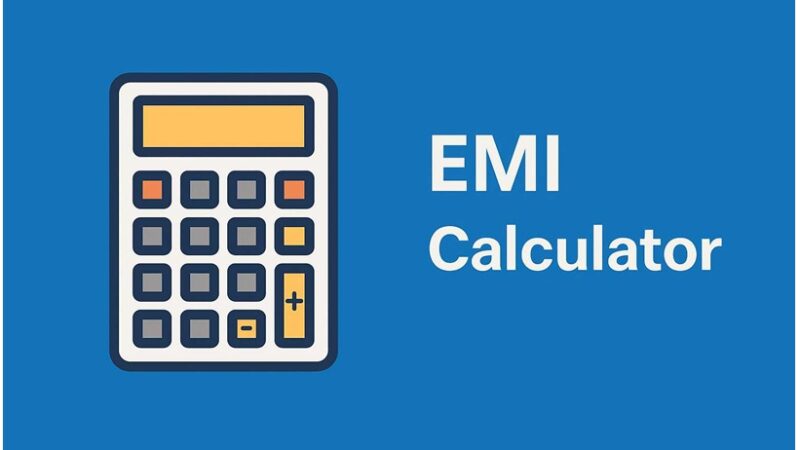Exploring the Legal Landscape of CFDs Trading

The most attractive factors that motivate a person to invest in trading in CFD markets include flexibility, different classes of assets, and the opportunity for high returns. You must know the laws and the legal frameworks necessary for the share CFD trading. Other places differ in the laws and regulations so that they can make a difference in where and how you could be trading your CFDs.
The regulatory environment is one of the most fundamental factors to consider. Contracts for difference are supervised by Europe’s European Securities and Markets Authority (ESMA). Rules include limits on leverage, such as-30:1 for major currency pairs, as well as mandatory warnings for risks that would protect retail traders from becoming excessively exposed. This is especially necessary in the case of CFDs when it is understood that loss may be magnified just as the gains could be in that risk.
Conversely, share CFDs trading is not commonly available to retail investors in the United States. The Securities and Exchange Commission and the Commodity Futures Trading Commission have not yet approved affirmatively for the retail trading of CFDs, thus blocking the local entrance. In so doing, U.S. investors tend to utilize other alternatives such as futures or options. CFDs collection to U.S. residents might be offered by some international brokers, yet traders must ensure that such offerings abide by local laws, lest the trader suffer any significant legal repercussions.
Taxation is a further consideration in CFDs trading. The treatment of profits in different jurisdictions varies accompanying CFD tax. In some cases, profits from trades can be treated as capital gains/income. This is especially relevant to individuals who share CFDs trading where the classification might really change net returns. Professional tax-related consultations can help clear these issues for a trader possibly identifying some tax benefits or exemptions.
Safeguarding of traders also varies on the mine. In the EU, it is obligatory for a broker to keep client funds in separate accounts so as to keep investors safe in case of financial difficulties. By the same token, the Financial Conduct Authority, FCA, in the UK ensures proper standards and transparency to protect client money in the event of any possible risk. On the contrary, it wouldn’t be available in poorly regulated markets; hence it is best to choose the well-known broker.
Leverage is one of the most prominent features of CFDs trading. However, it boasts inherent risks. Among the measures that regulatory authorities, such as the ESMA, have taken to discourage large losses is limiting leverage. ESMA, for instance, restricts retail traders’ leverage to 30:1 for trading on major currency pairs and even lower for riskier assets. Such limits are most applicable when trading share CFDs, as market fluctuations can lead to sudden and unpredictable changes in price.
In summary, the trading of CFDs takes place within a quite complicated network of laws, the application of which varies massively from location to location. At the same time, it empowers traders dealing share CFDs to keep themselves well acquainted with the laws in their jurisdiction as well as the tax consequences and protections granted for compliance reasons and asset protection. Adequate knowledge of the legal surrounding framework keeps traders safe in terms of risk control and wise choices that will eventually result in secure and compliant trading practices.


